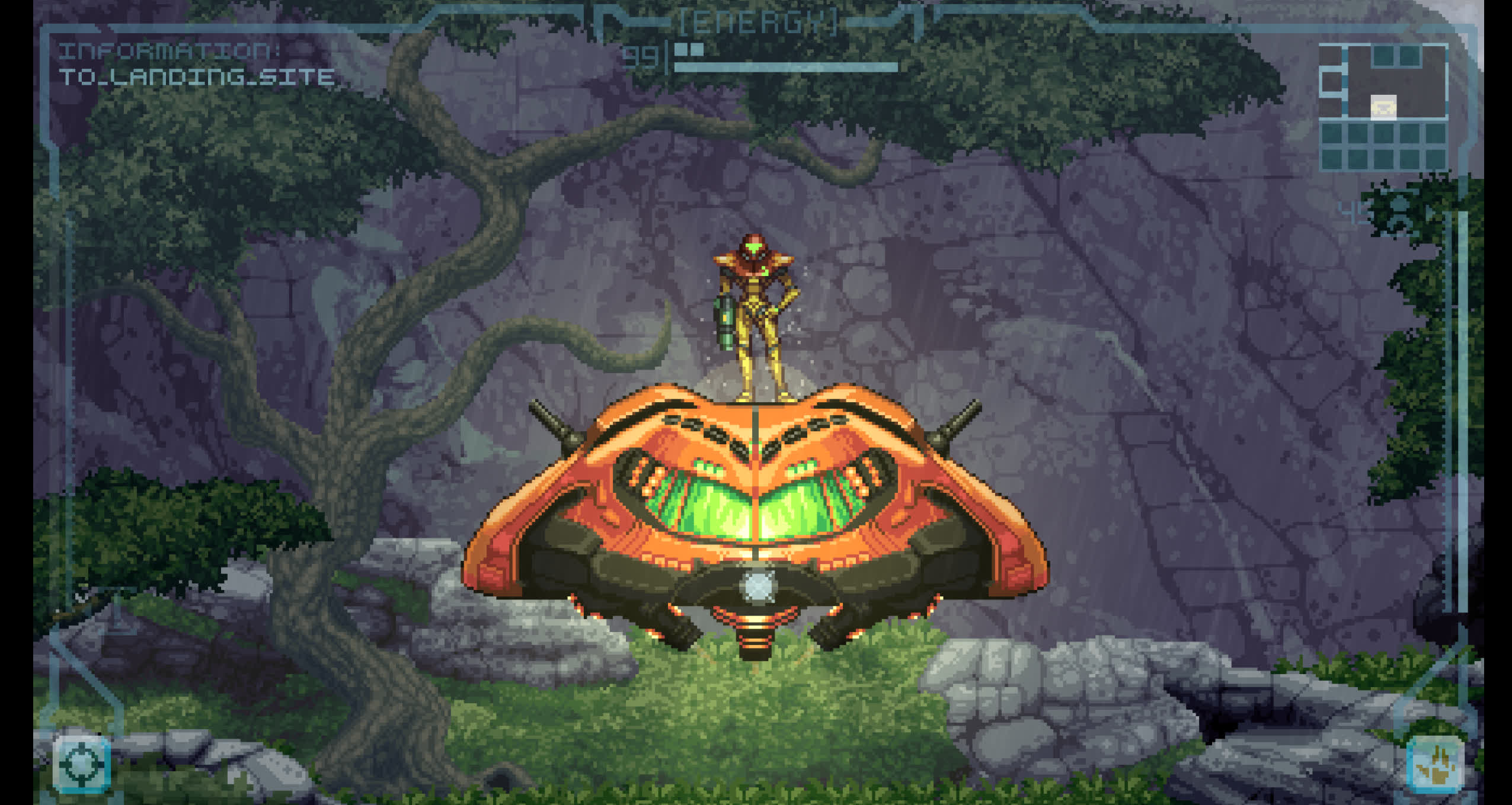Editor's take: I personally never played Metroid Prime but absolutely loved Super Metroid for the SNES. After watching the demo playthrough on YouTube, I'm getting a heavy Castlevania vibe. What are your thoughts, and how long do you think it'll take before Nintendo gets its lawyers involved?
Metroid fans have something to keep them occupied while Nintendo and Retro Studios continue work on the next official game in the series.
Team SCU recently published a demo for Prime 2D, an unofficial 2D demake of the original 3D action-adventure game that first dropped for the GameCube in 2002 (and was later ported to the Wii).
Prime 2D has been a long time in the making. A very long time. The earliest posts I can find about the project on the Prime 2D forum date back to mid-2005 but according to Video Games Chronicle, work actually started in April of 2004. Since then, the project has had five main programmers and hundreds of volunteers.
Per VGC, the game was built using a proprietary engine. "Instead of copying the source material exactly, we are instead focused on taking the core concepts, translating those, and then implementing them in a logical 2D solution," the team said.
"By doing this we allow ourselves to focus on building a good game first and foremost, and then using that as a base on which to create a familiar experience, rather than constraining ourselves to trying to implement 3D ideas in 2D space," the developer added.
The biggest threat to the project at this point will likely be Nintendo's response. The Japanese gaming giant is notoriously protective of its intellectual property, and despite not using the "Metroid" name in the title, we all know what Prime 2D is about.
Back in 2016, Nintendo killed a fan remake of Metroid II: Return of Samus that had been in development for more than eight years.
With so much time, energy and passion put into these fan remakes, it's a bit of a shame that they almost always get shut down. Then again, you have to understand Nintendo's position and their fierce desire to protect the characters and franchises they've spent decades building up.
